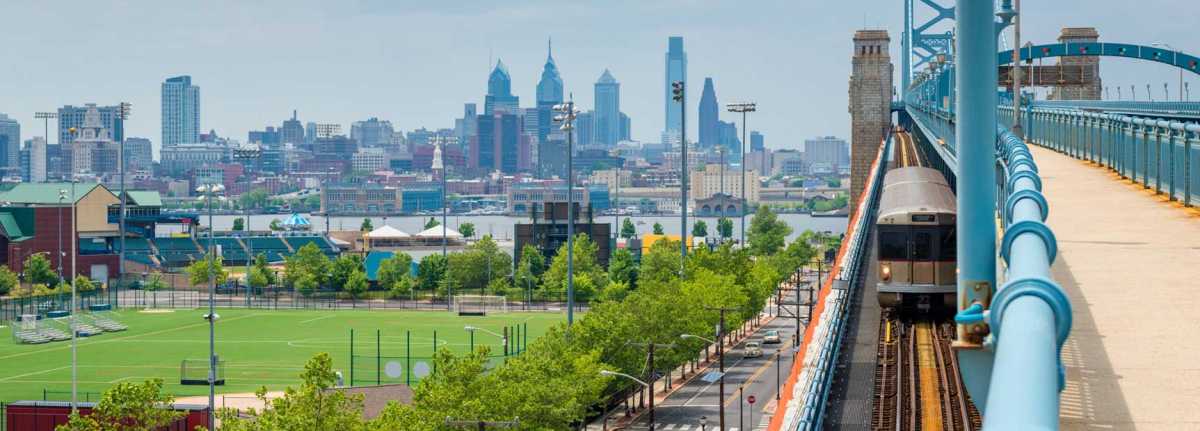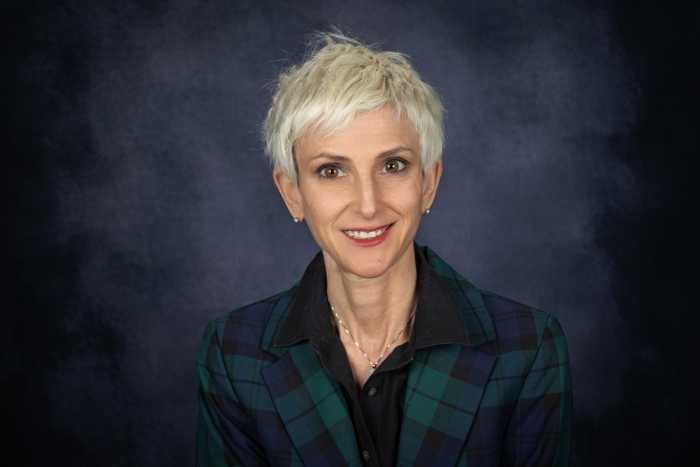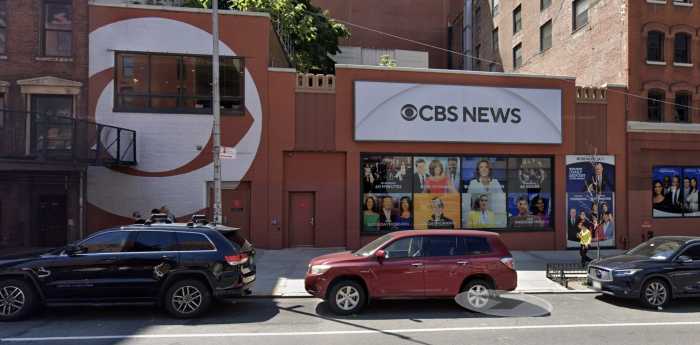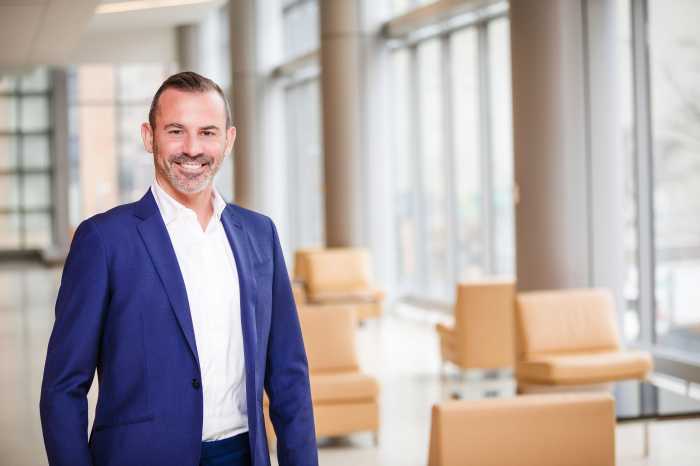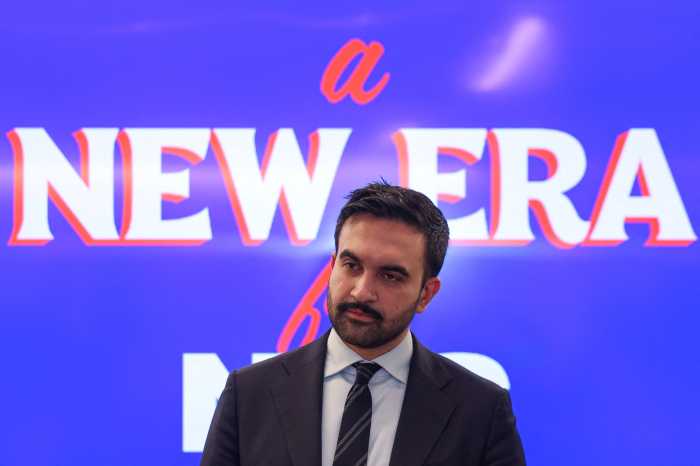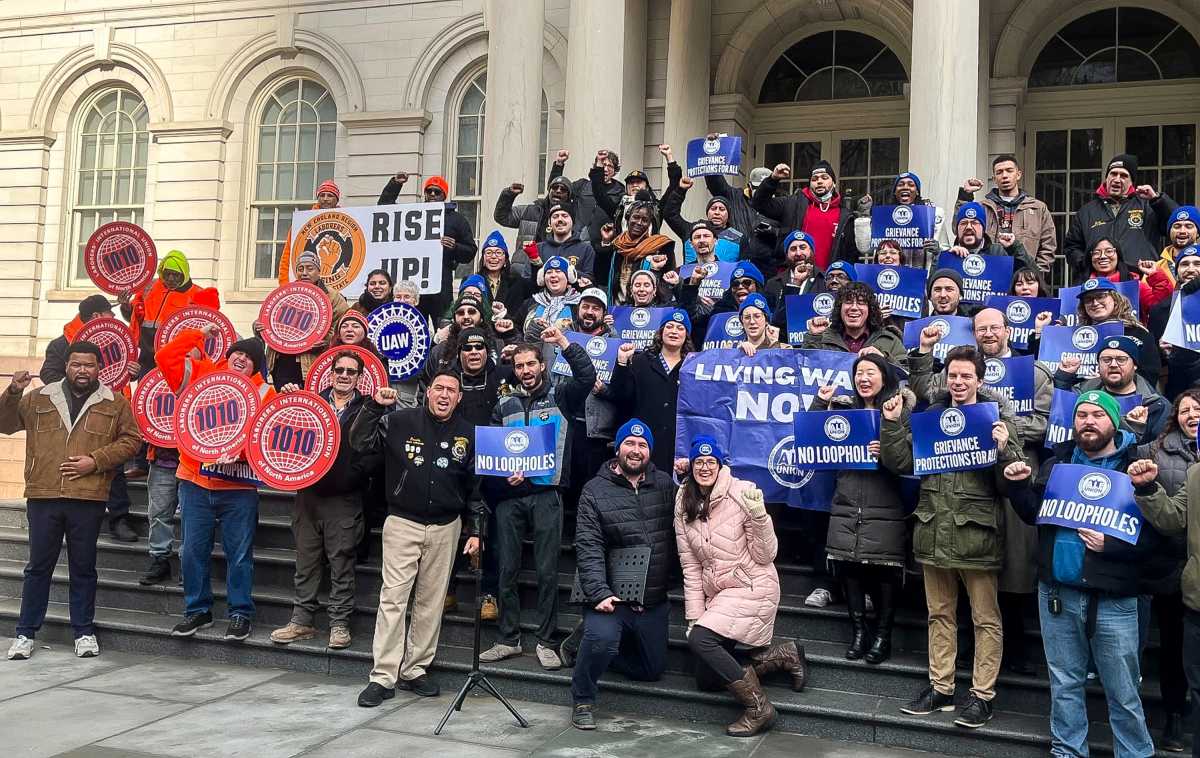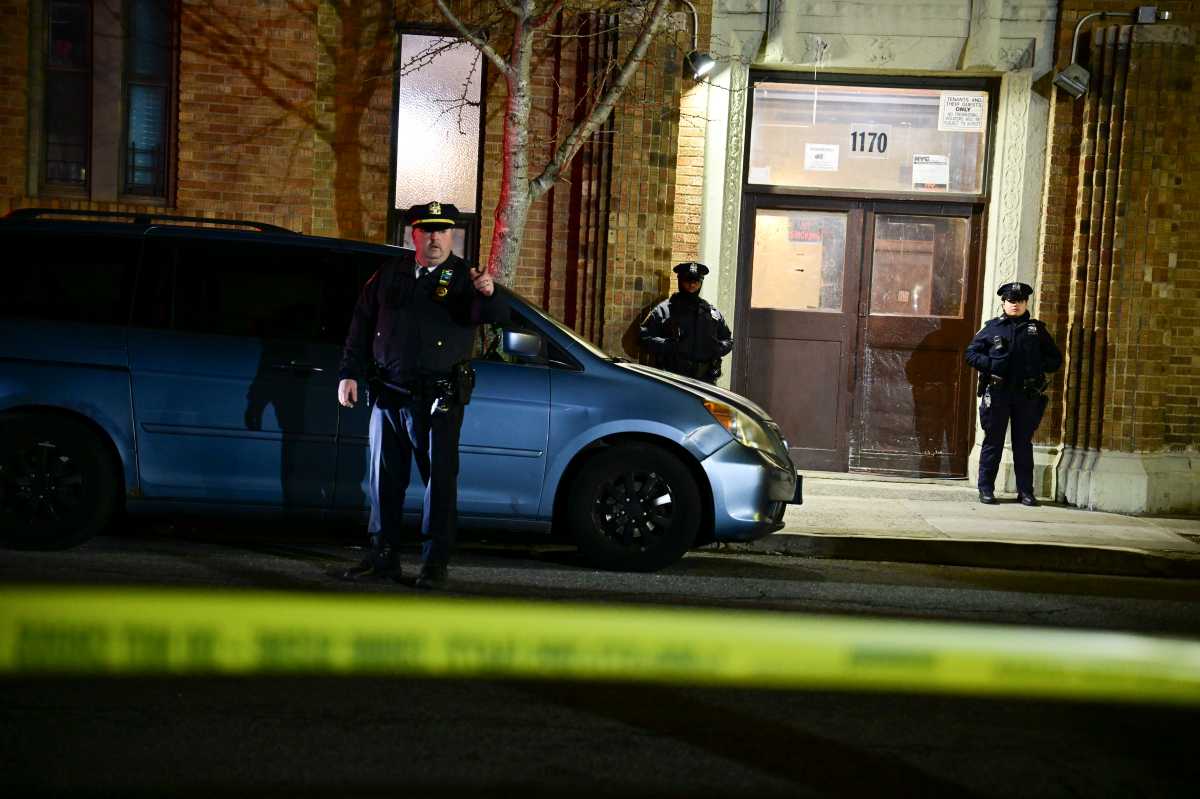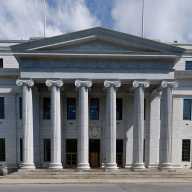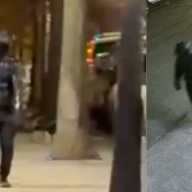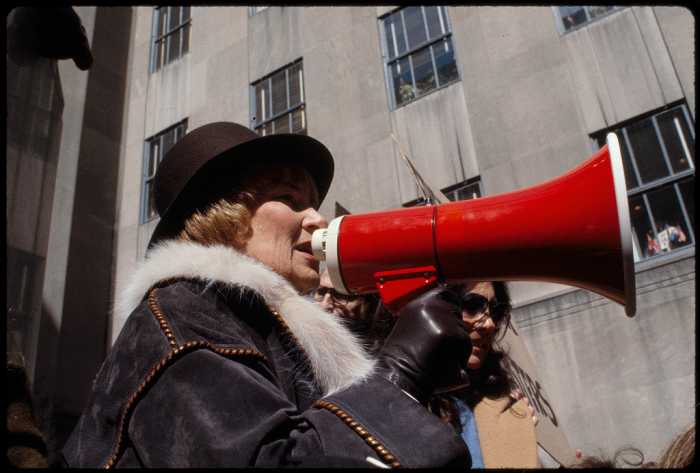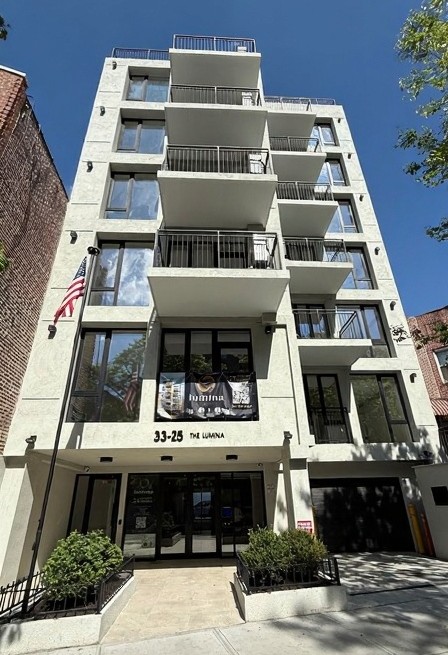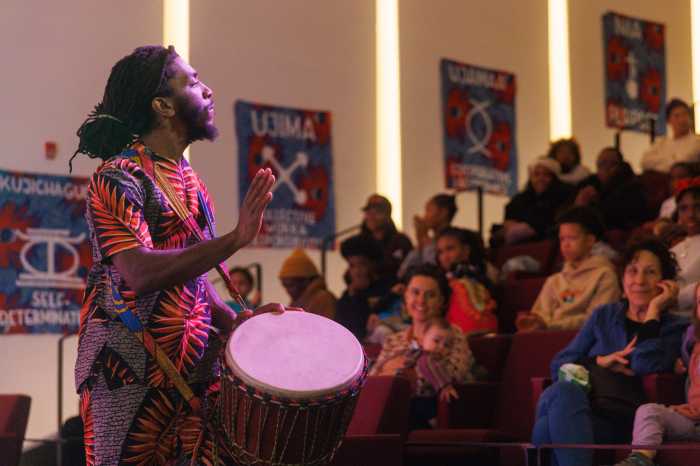As the pastor and founder of Mobilizing Preachers and Communities (MPAC), a civil rights and faith-based organization in Harlem dedicated to justice and equality, I am deeply familiar with our city’s cost of living crisis. Every day, I hear from my congregation and community about the escalating prices of rent, food, and utilities, all while unemployment remains stubbornly flat.
The city’s middle class is bearing the brunt of this crisis. Despite wages rising, the benefits are largely accruing to the already affluent. The situation is even more dire for people of color, with the wealth gap between Black and white New Yorkers widening post-pandemic, and employment for Hispanic populations remaining below pre-pandemic levels.
As the cost of basic needs continues to rise faster than earnings, middle-class New Yorkers are struggling to keep up. Our city is in desperate need of opportunities that bring new jobs and economic benefits to those who need them most.
Fortunately, such an opportunity is on the horizon. With three downstate casino licenses now up for grabs, New York has a chance to extend an economic ladder to the middle class. The debate over whether New York City should have a casino is long past… three are coming and we must make sure we maximize this opportunity to create jobs, economic development and the community benefits all the operators are promising.
It seems obvious to me that one of those casinos should be located in tourist-rich Manhattan, where it would be accessible to New Yorkers across the city and state. While no operators have made their full bids public yet, early details about a casino at the Western Rail Yards on Manhattan’s far west side are particularly compelling. The $12 billion investment would create 35,000 construction jobs and 5,000 new permanent union jobs–jobs that many folks in my community could benefit from.
The economic impact of a new casino in Manhattan would be far-reaching. Creating a new destination would benefit local business owners, leading to potential business expansion and the creation of even more jobs. This development would not only provide immediate economic relief but additional assets like affordable housing, a new school and a nearly six-acre park, which would be long lasting.
Investing in developments like the one planned for the Western Rail Yards have yielded incredibly high returns for some communities across the country. The most comparable example to a Manhattan casino, the Encore Boston Harbor Hotel and Casino, has generated over $1.3 billion in direct and indirect economic impact for the region while supporting more than 9,900 jobs, according to a report from the Economic & Public Policy Research (EPPR) at UMass Amherst. This is just one example that illustrates how Wynn can make an impact in New York City, as casinos have in other cities as well.
Despite the potential for a big return, there is significant opposition from wealthy public interest groups. Recent opposition to the rail yards project uses coded language like “protecting the character of the neighborhood.” Our response must be clear: we cannot allow the wealthy to block jobs and housing for working-class New Yorkers. As our city becomes increasingly unaffordable, we must prioritize the needs of all residents, especially those in communities like mine.
A Manhattan casino offers a unique chance for economic advancement that our community desperately needs and the rail yards proposal is particularly strong. With proper regulation and community engagement, this project can bring transformative benefits to our city.
The success of this project could serve as a model for future developments across the city. By demonstrating how a large-scale project can bring tangible benefits to local communities, we can encourage more initiatives that prioritize the needs of working-class New Yorkers. This approach can help bridge the growing divide between the wealthy and the working class, creating a more prosperous city for all New Yorkers.
We cannot let the privileged stop communities of color and the working class. For the future of our city, we must embrace new developments that will strengthen and build up our middle class and our economy. There isn’t a moment to waste. We must act now to secure a better future for our city and all its residents.
Rev. Dr. Johnnie Green is president/CEO of MPAC (Mobilizing Preachers and Communities) and owner of Agape Children’s Academy in Irvington, New Jersey.
Read more: NYC Charter Review Maps City’s Future



